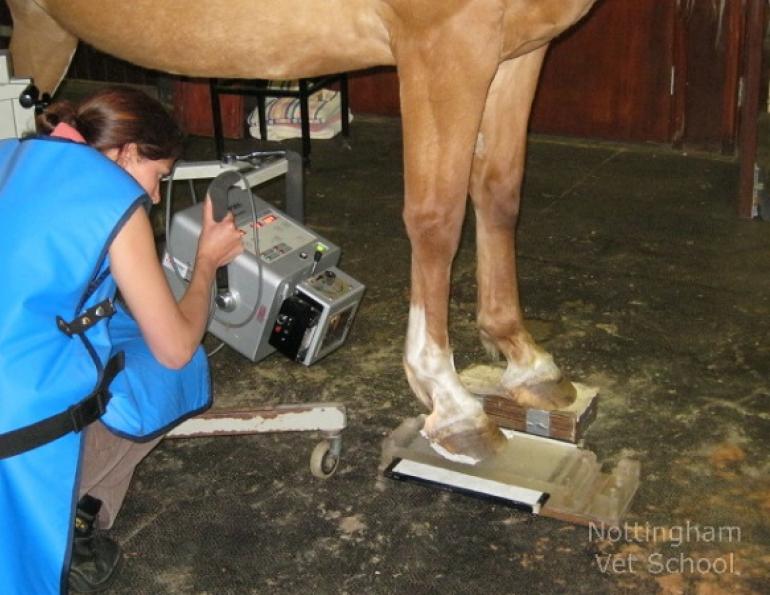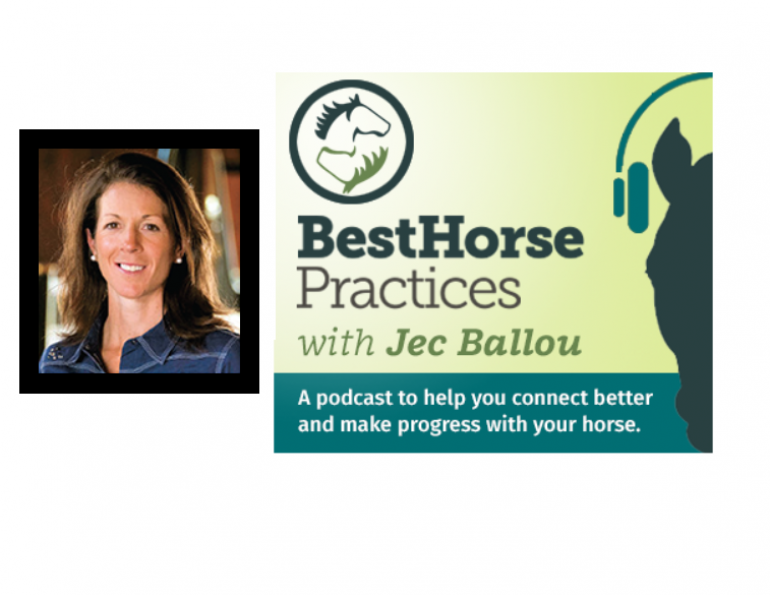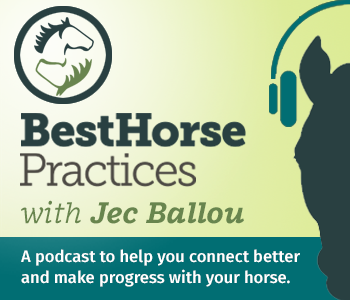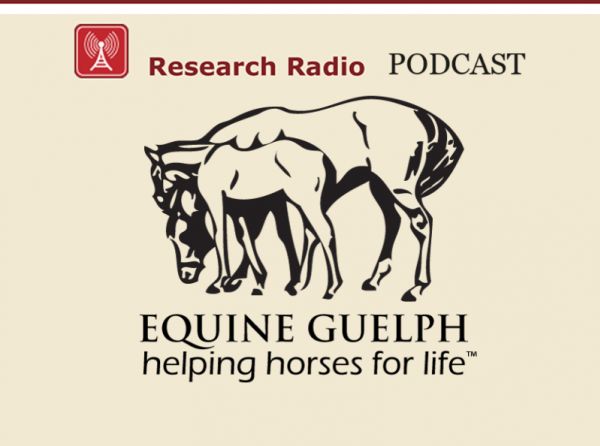By Bren Pickel, CanTRA
Working Together to Prevent & Support
What if you woke up and didn’t know where you were? Say you started a task, something you’ve done a million times before, only to realize you can’t figure it out. Now add chronic fatigue and panic attacks. Can we even begin to understand the world of someone dealing with a traumatic brain injury (TBI)?
What is TBI?
Caused by a bump, blow, or jolt to the head, or penetrating head injury, a traumatic brain injury (TBI) can lead to short- or long-term changes affecting thinking, sensation, language, or emotion. - Brain Injury Association of America
In March 2019, the 13th World Congress for Brain Injury was held in Toronto, Ontario. Research, testimonials, and new strategies for TBI survivors were shared in the hopes of connecting various practitioners, agencies, and organizations. Working together, these service providers can help meet the encompassing needs of persons with traumatic brain injuries.
The risk of brain injury is inherent with horseback riding. When mounted in the saddle, a rider’s head may be up to 13 feet above ground level. A fall from only two feet can cause permanent brain damage. Horses are capable of moving at considerable speeds and can be unpredictable. Research has shown equestrian sports to be the most significant contributor to sports-related TBI. In light of these facts, collected data calculates that ASTM/SEI approved helmets have reduced all riding-related head injuries by 30 percent and severe head injuries by 50 percent.
CanTRA works closely with both medical and equine professionals to set guidelines and outline methods to prevent injuries and support well-being.
Prevent TBI
- Stop making excuses: “I’m a good rider,” or “My horse is bomb-proof.” Neither of those things rules out possible TBI.
- Wear a properly fitted ASTM/SEI approved helmet. Never buy a used helmet.
- Make your helmet part of your equipment maintenance. Is it old, heat damaged, or cracked?
- Join the cause for helmet awareness. Riders4Helmets.com is a great resource!
Support TBI Survivors
- Understand that TBI, for the most part, is an “unseen disability” as most survivors deal with memory loss, fatigue, confusion, anxiety, depression, and frustration in their new circumstances.
- Therapeutic riding and equine-facilitated wellness programs offer help to rebuild confidence and create effective strategies, addressing changes in emotions and thinking patterns.
- Use CanTRA certified instructors, and accredited centres for assurance in standards of safety and best practice in delivering equine-assisted activities.
- Get involved with CanTRA as a volunteer or give to assist in creating and sustaining quality therapeutic programs across Canada.
Note: Although it is widely known that helmets should not be used when vaulting, it is less widely understood why. Check out vaultcanada.org to find out more.
For more information or to find a centre near you visit www.cantra.ca or donate at www.CanadaHelps.org.
Main photo: William Jorgensen





























